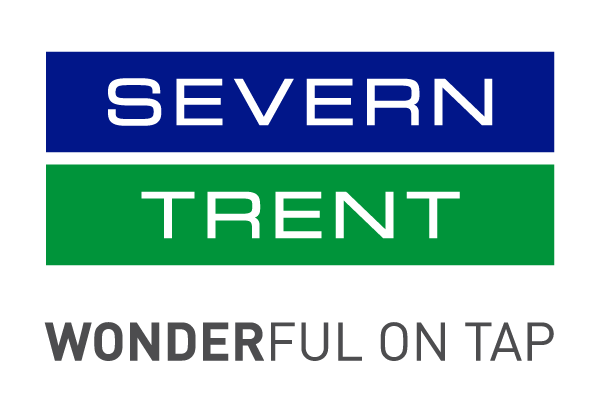News
Severn Trent's Redmile open day
20th September 2016
Have you ever wondered what happens when you flush your loo?Well, residents of the Nottinghamshire village Redmile were that intrigued that they took a trip to their local sewage treatment works to get all the answers.
Severn Trent opened the doors to the treatment works after recently completing a £1.2m renovation to improve the sewage system for the village, which was also a perfect opportunity to show the residents the work that was done and to also discover what happens after their waste water has gone down the drain.
Severn Trent’s area programme manager Christine Naylor said: “Every day we flush our loos and empty our sinks, but few people know what happens to the water after it leaves their homes, so we invited local people to find out exactly how we treat and clean the waste water before returning it to the environment.
Severn Trent’s area programme manager Christine Naylor said: “Every day we flush our loos and empty our sinks, but few people know what happens to the water after it leaves their homes, so we invited local people to find out exactly how we treat and clean the waste water before returning it to the environment.
“We’ve recently made improvements at Redmile sewage treatment works by installing new equipment that filters waste water to an even higher standard. This removes more chemicals and so increases the quality of the local watercourse. By doing this we also improve the service we give to our customers, so we were keen to show the local community how our work is making a real difference. The open day was a huge success and there was a great turn out. Now the residents really understand what happens when they flush their loo or pull the plug.”
Redmile sewage treatment works serves around 900 residents in the area. The £1.2 million improvements were carried out between December 2015 and August 2016, and are now complete.
“Now we’ve made the improvements to the sewage treatment works, we’d encourage local people to think before they flush,” said Christine.
“Our sewers and treatment works are designed to deal with poo, pee and toilet paper – when people flush or wash away the wrong items it clogs up the sewer system, causing blockages and sewer flooding. Then it all ends up at our sewage treatment works. By simply bagging and binning items like nappies, wipes, sanitary products and cooking fat, you help to keep bills as low as possible and also prevent nasty blocked sewers – let’s work together to keep our sewers clear.”
